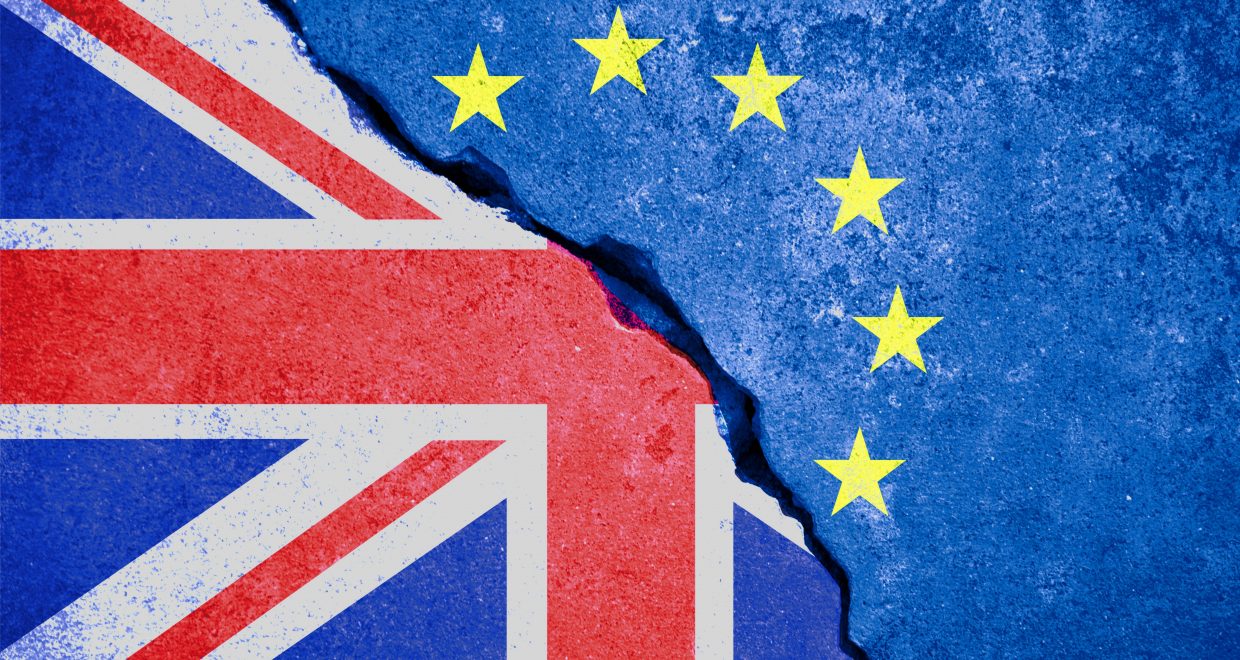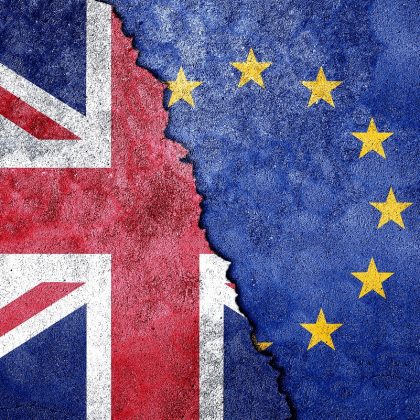I have spent the last three years focussed on Brexit. Mostly, I confess, it has been rather depressing – not particularly because I do not like the probable destination of the process, which I don’t – but because it has been so hard to establish that fact and analysis could play a fundamental role in resolving not only the technical issues but also the political ones. Building a common fact base or analytical model can be among the best ways of bringing political antagonists together and developing cooperation.
Dozens of times I have been asked “but surely you can see some upside in Brexit?” and I mostly respond by observing that Brexit will be very good for people who own warehouses in the UK or assets denominated in foreign currency, or who can manage the logistics and paperwork of international trade on ‘WTO terms’. But secretly I have another answer that I do not share with such questioners for fear of appearing either hostile or flippant: Brexit will provide an unparalleled natural experiment for exploring the economic benefits of international trade.
We do not know the precise shape that Brexit will take, but in virtually every variant, trade between the UK and the (remainder of) the European Union will be impeded. There may be tariffs; there will almost certainly be regulatory frictions as the UK diverges from the EU, more so in services than in goods trade; and there will almost certainly be border frictions such as paperwork, inspections and delays. Brexit will provide the first instance in the last forty years in which a developed country has pursued policies to increase trade frictions rather than the opposite. Thus observing Brexit will hugely increase the information that international trade economists have to analyse.
First we will have to quantify by how much trade frictions have increased. The forecasts are shocking, with, for example, Imperial College researchers suggesting that there will be 29 mile queues for crossing the channel. Then, we will have to observe by how much the UK’s trade is actually decreased – not absolutely, but relative to what it would otherwise have been. Again, some of the forecasts are hair-raising – for example, up to 30% declines in the levels of UK services exports. Estimating the relationship between trade costs and trade volumes from these data will be immensely valuable, for our current estimates nearly all rely on data whose principal characteristic is steady trends of decreasing costs and increasing trade, often driven by third factors such as improving technologies. Brexit will increase the variance we have to analyse.
Finally we will be able to see how declining international trade feeds back to reduce output and incomes. Again our present data for developed countries is almost all from the benign last few decades, and a completely different ‘experiment’ will add a brand new dimension.
All of the above has been christened ‘project fear’ by the side of the Brexit debate that thinks everything will be fine. But, in fact, even in February 2019, before any policies have been changed as a result of Brexit, economists are discovering that the anticipation of Brexit coupled with chaos of its implementation have cut UK gross domestic product (GDP) by more than two percent relative to where it would have been, earnings of foreign currency from exports by 12-15 percent and new projects funded by foreign direct investment by 16-20 percent.
Having the data to test these predictions and other outcomes of Brexit will strengthen our science considerably – and submissions to the World Trade Review! I also hope that they will allow cool heads to save other countries from this peculiarly British misfortune.
L Alan Winters is Editor of the World Trade Review and Director of the UK Trade Policy Observatory at the University of Sussex.
You can find a collection of Brexit-related research materials on Cambridge Core.






